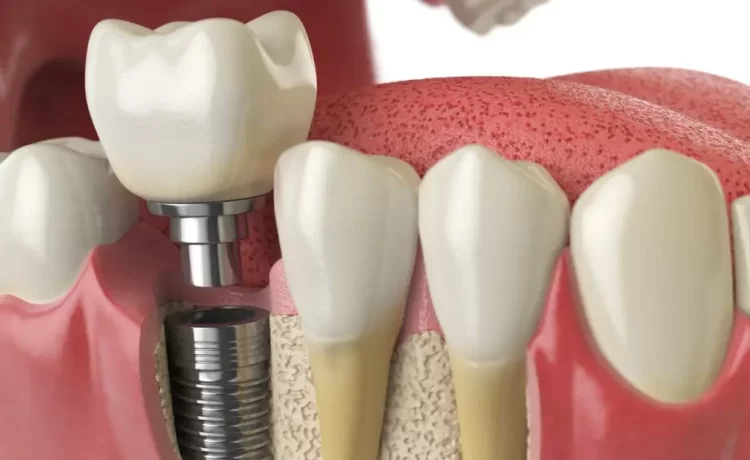Dental implants have become a popular solution to replace missing teeth. This long-lasting solution looks, functions, and feels like real teeth. Dental implants offer a dependable and aesthetically pleasing solution for people who want to restore their smile and boost their self-confidence. Every step of the implant procedure plays an important role in making sure the implant successfully integrates with the jawbone. This results in a durable solution that lasts for a long time. A dentist in Green Bay, WI can determine if you are a good candidate for implants by performing a series of assessments.
Dental Implant Benefits
Dental implants provide several benefits over conventional tooth replacement options. These benefits include the following:
- Restored functionality. Dental implants are anchored in the jaw, letting you chew and speak normally. Meanwhile, traditional dentures tend to shift.
- Natural look. Implants mimic the appearance of natural teeth. They are made to blend seamlessly with your existing teeth, giving you a natural smile.
- Durability. With proper care, your implants can last forever, which makes them cost-effective.
- Preserved jawbone. Dental implants stimulate your jawbone. Such stimulation prevents bone loss, which can happen when you lose a tooth. With implants, you can maintain the structure of your face and prevent sunken cheeks.
- Protect the adjacent teeth. The implant procedure does not involve grinding down the adjacent teeth. In turn, the integrity of your teeth is preserved.
What to Expect from the Implant Process
Several steps are involved in the implant procedure to guarantee a successful outcome. They include the following:
- Initial consultation. Your dentist will evaluate your oral health, request X-rays, and discuss your treatment options. They will develop a personalized treatment plan according to your unique needs.
- Jaw preparation. If your jawbone needs to be reinforced, sinus augmentation or bone grafting may need to be done.
- Implant placement. Dental implants serve as artificial tooth roots. Your dentist will surgically insert them into your jawbone.
- Osseointegration. A healing period lets the dental implant fuse with your jawbone, which creates a solid foundation.
- Final restoration. Once the implant site has healed, your dentist will attach an abutment to the implant. Then, they will place a prosthetic tooth to complete the procedure.

Factors that Impact Dental Implant Success
The success of the implant process can be influenced by the factors below:
- Bone quality and quantity. Your implant’s success depends on your jawbone quantity and quality. Adequate jawbone density and volume are important, so the implant successfully integrates properly and sufficiently supports the load of chewing.
- Osseointegration. This refers to the fusing of the implant with the bone tissue that surrounds it. Factors like implant design, surgical method, surface texture, and your overall health can affect the osseointegration rate and extent.
- Your overall health. Your systemic conditions and general health play an important role in the success of your implant procedure. Chronic conditions such as autoimmune disorders, diabetes, and periodontal disease can impair the healing capacity of your body and increase the risk of dental implant failure. Also, smoking can delay wound healing and compromise blood flow, which negatively affects implant integration. Thus, before you undergo implant surgery, submit to a medical exam. Also, you may need to make lifestyle changes to maximize the chances of implant success.
- Implant maintenance. Regular implant maintenance and good oral hygiene are important to preserve your implant’s longevity. You should adhere to oral care practices like brushing, flossing, and rinsing your mouth with antibacterial mouthwashes. This way, you avoid peri-implant diseases like peri-implantitis. Also, routine dental checkups and cleanings at your dentist’s office allow your dentist to detect and manage any problems with the implants early.









